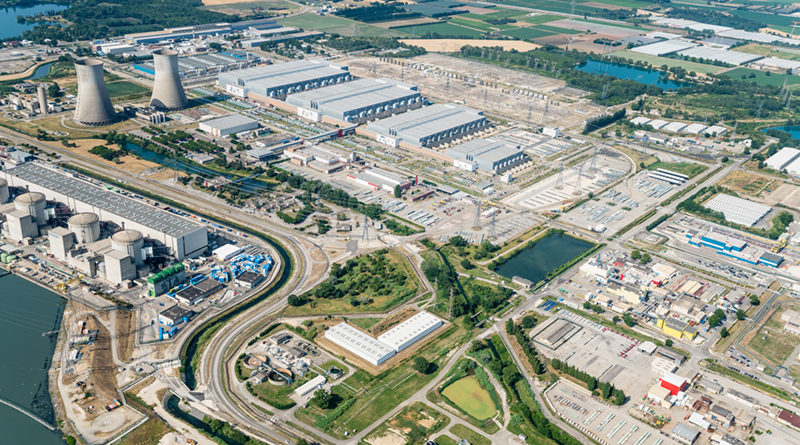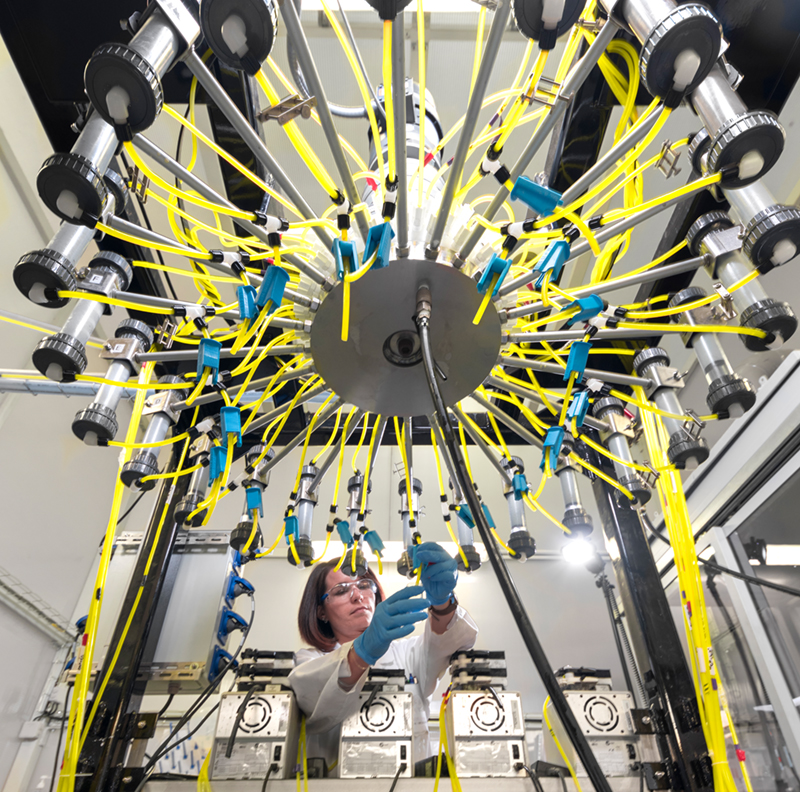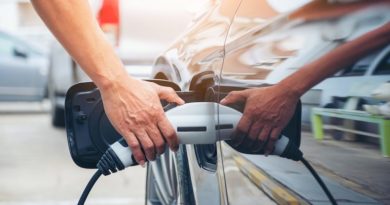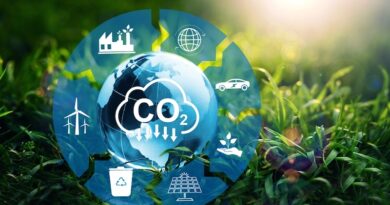
In a low-carbon world, energy technologies deliver more than power: they are an essential part of sovereignty
The ambitious target set at European level to decarbonize our economy is essential to drive a drastic reduction in greenhouse gas emissions. The Green Deal proposed by the European Commission is a major step forward, linking the success of achieving climate neutrality in 2050 with continued growth supported by a renewed industrial strategy. To succeed, access to reliable, competitive, low-carbon energy is a priority. All low-carbon power technologies are needed and nuclear energy will play an essential role in the long term. This should trigger awareness that the European Union benefits from a long-standing technology and industrial leadership in the nuclear sector.
The EU can only achieve clean growth if its energy system delivers competitive, reliable and low-CO2 energy to industrial users and households.
Nuclear energy will play an essential role.
All long-term European energy scenarios foresee that electricity demand will grow significantly (between +35% and + 150% by 2050 versus 2018). As the European Commission put it in its Clean planet for all strategy, “nuclear will form the backbone of a carbon-free European power system, together with renewables” which guarantees a reliable, carbon free and competitive energy supply.
Today, almost 26% of the electricity produced in the EU comes from nuclear energy. This makes it the largest source of electricity (ahead of gas and coal) and by far the largest low-CO2 source, ahead of wind (11%), hydropower (10%) and solar (4%). Almost half of the low-carbon electricity produced in Europe is nuclear.
Fossil fuel power generation still accounts for almost half of the EU electricity mix. This generating capacity would have to be replaced by low-CO2 technologies while increasing overall generating capacity to meet the rising electricity demand. In addition, energy efficiency actions plan must be implemented.
The investment challenge is huge. The European Commission estimates that 2.8% of the EU GDP would need to be invested in the energy system, as opposed to 2% today. It will also be an industrial challenge.
Therefore, clear signals are needed in order to facilitate investment and support the industrial sector that will deliver those new low-carbon power plants. Investments in new capacities must drive a rebuild of competitive European supply chains, creating local jobs and maximizing the socio-economic impact of the transition.
 In a low-carbon world, energy technologies deliver more than power: they are an essential part of sovereignty. It is crucial that the EU embeds a technology strategy in its energy and climate policies.
In a low-carbon world, energy technologies deliver more than power: they are an essential part of sovereignty. It is crucial that the EU embeds a technology strategy in its energy and climate policies.
Projecting to 2050, in a decarbonized power system, dependence on fossil fuels will become less of a factor than secure access to certain strategic raw materials, the mastery of technologies and supply chains, cybersecurity, maintenance capabilities and grid technologies. This becomes a matter of sovereignty: as is the case for data, low-carbon power will be the blood of the economy.
This is why the EU must develop the right tools to maintain or develop technological and industrial leadership in the low-carbon power sector, including nuclear.
Most of the EU’s large trading partners have a thorough technology strategy when they define their energy policy. This is notably the case in the field of nuclear energy, with China, the US and Russia ramping up budgets for R&D, devising energy plans with an increasing share of nuclear or supporting exports.
In terms of low-carbon power technologies, nuclear energy is one of the few instances where the EU masters the full value chain from raw materials to the management of wastes.
It is high time that this be fully recognized with a fully fleshed-out industrial strategy.
There is a clear need to accelerate R&D by establishing a coherent set of priorities. This would help boost the competitiveness of the European nuclear industry, including through standardization, innovation, digitalization and even new reactor concepts such as SMRs.
A thorough screening of foreign direct investments should be implemented, building on the European regulation which recognizes the supply chain of the nuclear sector as strategic. It is also necessary to ensure a level playing field with our non-EU competitors.
Orano will continue to play its part in the European Green Deal, ensuring that the EU reaps all the benefits of the sustainable use of nuclear power and improving its own environmental footprint.
Orano contributes to ensuring that the EU reaps all the benefits of the sustainable use of nuclear energy. Our mining assets and our leading-edge uranium conversion and enrichment technologies serve a secure and competitive supply of nuclear materials for reactors.
We provide industrially proven solutions for the management of radioactive waste, including the recycling of used nuclear fuels.
As any company, we must shoulder our responsibilities and respond to what has to be our main driver: our duty to succeed in making the EU the first carbon neutral continent. This is why we have reviewed and strengthened our commitments in matters of corporate social, environmental and societal responsibility.
We are also building precise, scientific knowledge of impacts on the environment and investing substantially in research and development to improve our practices. The radiological footprint of our main industrial sites is negligible, less than 1% of the natural radioactivity impact.
Finally, through our expertise, technologies and materials, we are seeking to provide innovative solutions both to societal (health) issues and to strategic industrial challenges (circular economy and access to critical raw materials, sustainable electric mobility, space).




